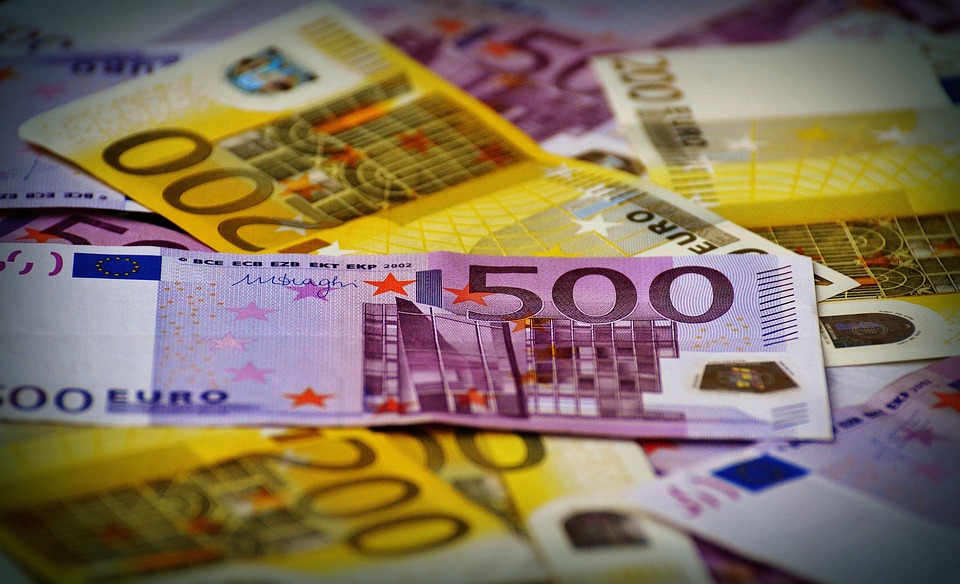Brussels has developed a package of measures to increase use of the euro in strategic areas such as energy, commodities, aircraft, in an attempt to limit dominance of the dollar as a global reserve currency, the Financial Times reported with reference to the draft EC document. It stresses that EU member states should ensure that contracts concluded “within the framework of interstate energy agreements” are expressed in euro.
Now, more than 80% of energy resources imported by the European Union is expressed in dollars.
Promoting an increase in the global use of the euro reflects the “political, economic and financial weight of the bloc” in a more multi-polar world, stated in the draft document to be submitted to the EU leaders at the upcoming community summit in December. It is assumed that this will also increase the economic sovereignty of the union, taking into account policies pursued by US President Donald Trump.
Recall that once Washington withdrew from the nuclear deal concluded in 2015, sanctions were again imposed on Iran to restrict oil exports (only a few countries are on the list of exceptions). Brussels, however, promised to preserve trade relations with Tehran and have already begun developing a special payment mechanism that would protect European companies doing business with Iran from US sanctions. The EU also earlier regretted the decision of SWIFT to disconnect a number of Iranian banks from the system, noting that this could affect integrity of the international financial system.
According to SWIFT, the US dollar remains the leading currency in international and domestic operations - as of December 2017, its share was 39.85%, slightly decreasing compared to December 2015 (43.89%). The share of the euro during this time grew even more significantly - from 29.39% to 35.66%, while the shares of the British pound and yuan during this time decreased.
source: ft.com
Now, more than 80% of energy resources imported by the European Union is expressed in dollars.
Promoting an increase in the global use of the euro reflects the “political, economic and financial weight of the bloc” in a more multi-polar world, stated in the draft document to be submitted to the EU leaders at the upcoming community summit in December. It is assumed that this will also increase the economic sovereignty of the union, taking into account policies pursued by US President Donald Trump.
Recall that once Washington withdrew from the nuclear deal concluded in 2015, sanctions were again imposed on Iran to restrict oil exports (only a few countries are on the list of exceptions). Brussels, however, promised to preserve trade relations with Tehran and have already begun developing a special payment mechanism that would protect European companies doing business with Iran from US sanctions. The EU also earlier regretted the decision of SWIFT to disconnect a number of Iranian banks from the system, noting that this could affect integrity of the international financial system.
According to SWIFT, the US dollar remains the leading currency in international and domestic operations - as of December 2017, its share was 39.85%, slightly decreasing compared to December 2015 (43.89%). The share of the euro during this time grew even more significantly - from 29.39% to 35.66%, while the shares of the British pound and yuan during this time decreased.
source: ft.com





